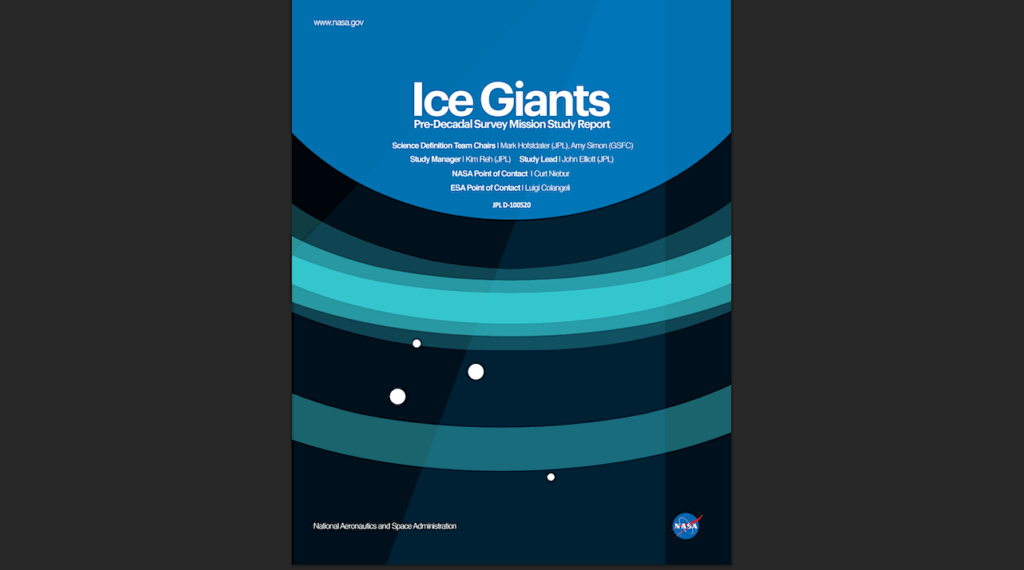Primordial Origin of Methane on Eris and Makemake Supported by D/H Ratios

Deuterium, a heavy isotope of hydrogen, is a key tracer of the formation of the Solar System. Recent JWST observations have expanded the dataset of D/H ratios in methane on the KBOs Eris and Makemake, providing new insights into their origins.
This study examines the elevated D/H ratios in methane on these KBOs in the context of protosolar nebula dynamics and chemistry, and proposes a primordial origin for the methane, in contrast to previous hypotheses suggesting abiotic production by internal heating.
A time-dependent disk model coupled with a deuterium chemistry module was used to simulate the isotopic exchange between methane and hydrogen. Observational constraints, including the D/H ratio measured in methane in comet 67P/Churyumov-Gerasimenko, were used to refine the primordial D/H abundance.
The simulations show that the observed D/H ratios in methane on Eris and Makemake are consistent with a primordial origin. The results suggest that methane on these KBOs likely originates from the protosolar nebula, similar to cometary methane, and was sequestered in solid form — either as pure condensates or clathrates — within their building blocks prior to accretion. These results provide a simple explanation for the high D/H ratios in methane on Eris and Makemake, without the need to invoke internal production mechanisms.

Makemake and Moon – -SwRI
Olivier Mousis, Aaron Werlen, Tom Benest Couzinou, Antoine Schneeberger
Comments: Accepted for publication in The Astrophysical Journal Letters
Subjects: Earth and Planetary Astrophysics (astro-ph.EP)
Cite as: arXiv:2503.15652 [astro-ph.EP] (or arXiv:2503.15652v1 [astro-ph.EP] for this version)
https://doi.org/10.48550/arXiv.2503.15652
Focus to learn more
Submission history
From: Olivier Mousis
[v1] Wed, 19 Mar 2025 19:08:18 UTC (477 KB)
https://arxiv.org/abs/2503.15652
Astrobiology,








